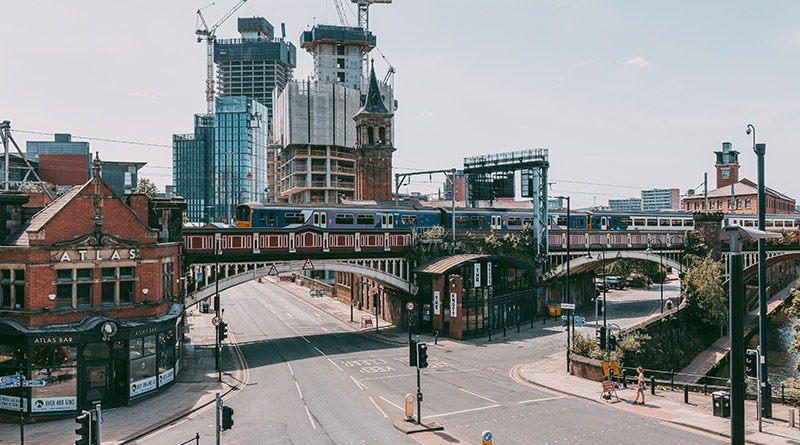Manchester Launches UK’s First Tourist Tax

Manchester has become the first city in the UK to introduce a tourist tax, which will cost an additional £1 per night for accommodation stays. The “Manchester Tourist Tax”, also known as the “City Visitor Charge”, is a flat rate of £1 per night per room that is charged to overnight visitors staying in hotels, hostels, and other types of accommodation in the city centre of Manchester. From the beginning of the month (April) every ‘hotel and short stay serviced apartments’ in the city centre with a rateable value of £75,000 or more will charge the fee.
The money raised from the tax will be used to fund a range of projects that will improve the visitor experience in Manchester, such as:
• Improving public transport: The money will be used to improve public transport in the city centre, such as by increasing the frequency of buses and trams.
• Improving the city’s cultural attractions: The money will be used to improve the city’s cultural attractions, such as museums and galleries.
• Improving the city’s green spaces: The money will be used to improve the city’s green spaces, such as parks and gardens.
73 hotels and short stay serviced apartments located within the centre of Manchester and in parts of Salford signed up the scheme. The new charge comes as 6,000 hotel rooms are due to open in Manchester over the coming years, which is expected to attract a further one million overnight stays.
Annie Brown, the first chair of ABID, said: “The goal of the Manchester Accommodation BID is simple – we need to increase overnight stays in line with that growth so that hotels and serviced apartments in the city can continue to thrive.”
Elsewhere in the UK, Wales is also set to introduce legislation that will enable a tourist tax. David Chapman, executive director at UKHospitality Cymru, is “deeply disappointed” with the news. He said: “This tax on beds is widely opposed by the accommodation sector in Wales who see it as anti-competitive and another restriction on an industry in the midst of its recovery and rebuilding effort.
“While the Welsh government is right that visitor levies are common around the world, what they fail to mention is that in those countries they have a significantly lower level of VAT and other taxes incurred by British hospitality. The introduction of this tourist tax simply raises the tax burden on our businesses even higher to punitive levels compared to the rest of the world, making us yet more uncompetitive compared to similar destinations,” Chapman added.
Edinburgh is another city which is also considering the introduction a £2 nightly tourist tax, and is currently subject to approval from the Scottish parliament. Oxford, Bath and Hull have contemplated similar moves in the past but, thus far have decided against the decision.
